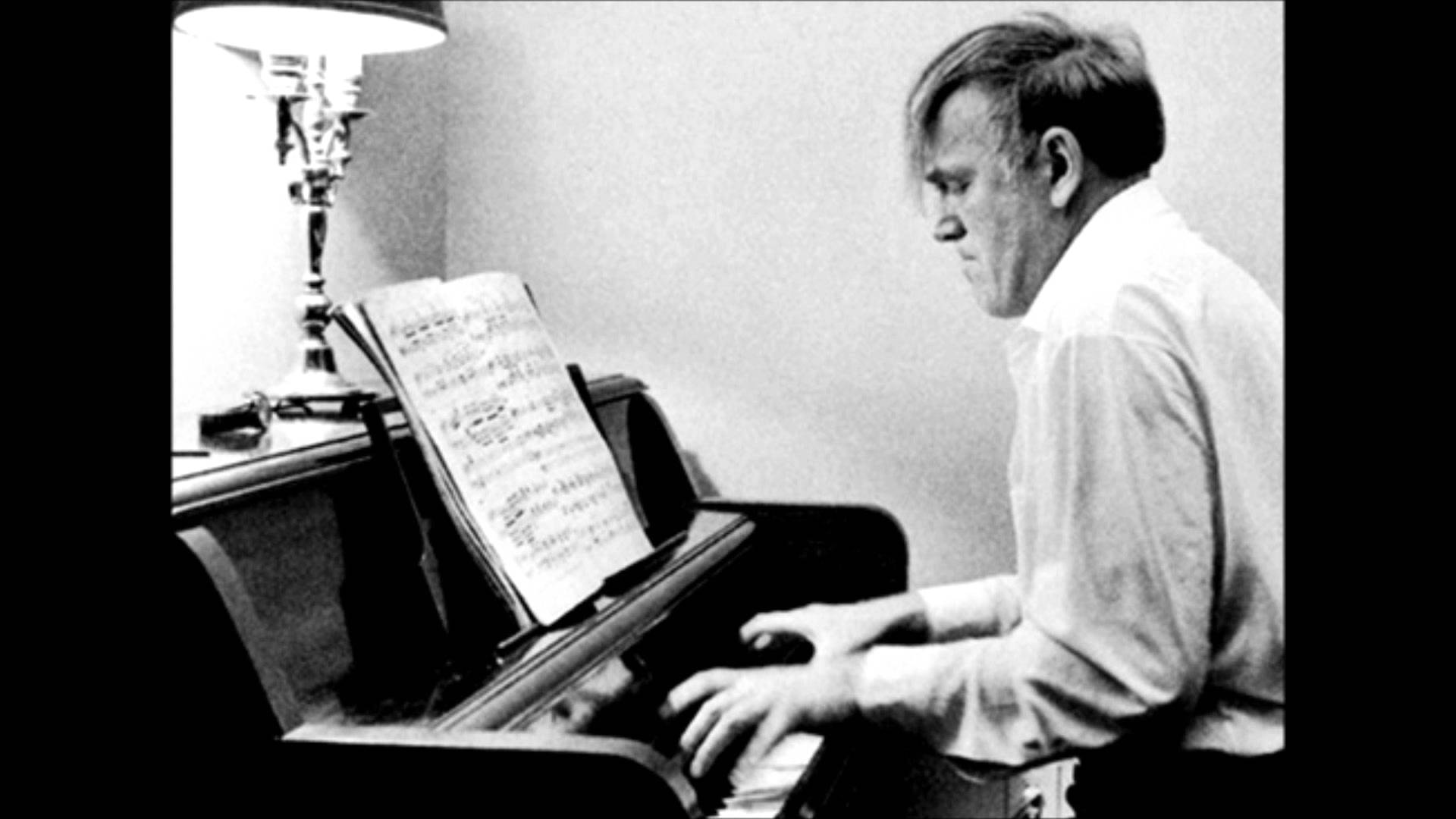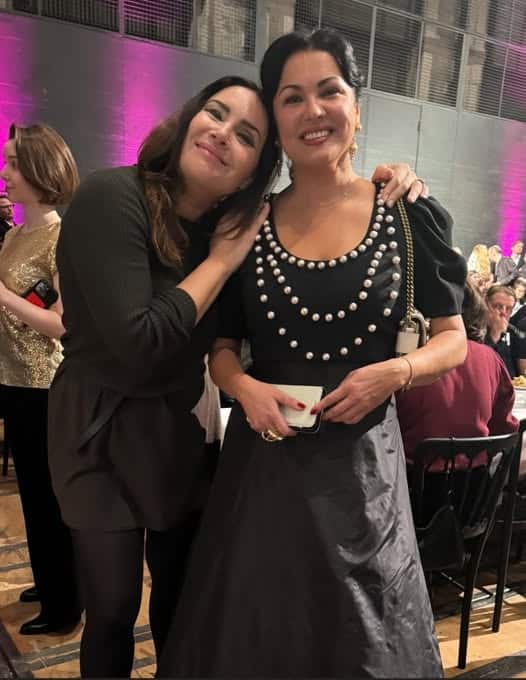Sviatoslav Richter: I do not like myself
Daily Comfort ZoneA chilling late reflection from the most compelling pianist of the 20th century.
Apparently taken from Bruno Monsaingeon’s film.
All the more chilling for being seen in isolation.

A chilling late reflection from the most compelling pianist of the 20th century.
Apparently taken from Bruno Monsaingeon’s film.
All the more chilling for being seen in isolation.
This weekend, Michael Tilson Thomas conducted the New…

A long time ago I was advised that…

Covent Garden removed her today from its Putin-sanctions…

We have been notified of the passing on…

Session expired
Please log in again. The login page will open in a new tab. After logging in you can close it and return to this page.
Comments